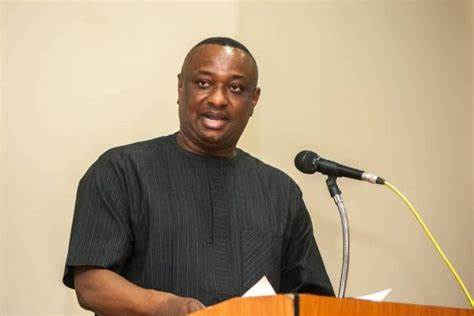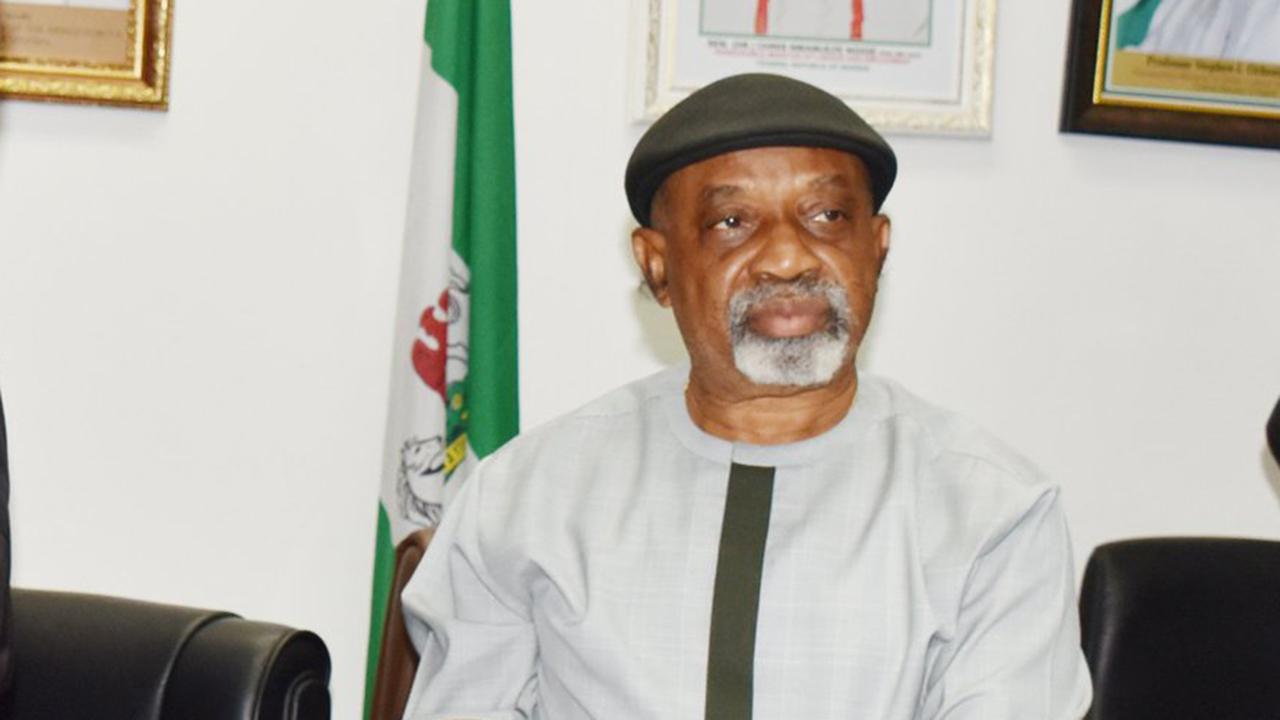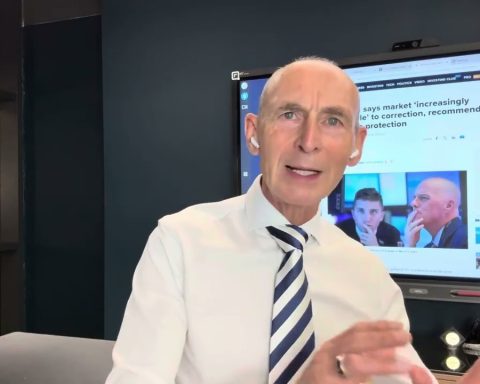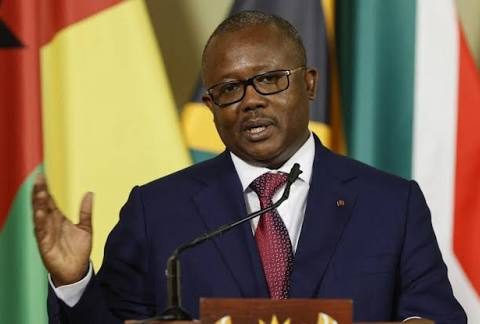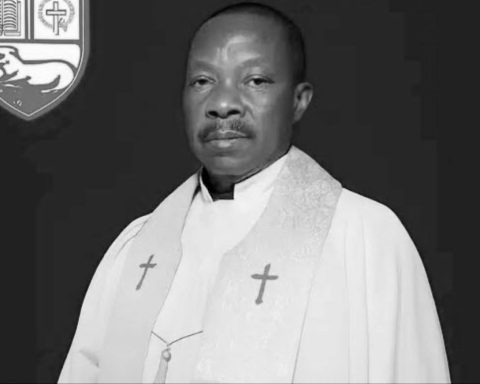Minister of Aviation and Aerospace Development, Festus Keyamo, has insisted that the Federal Government will not make any further investment in setting up a national carrier for the country.
Keyamo said all over the world, governments no longer invest in having and maintaining a national carrier.
Join our WhatsApp ChannelAccording to him, it is very capital-intensive and is not a profitable venture when owned and managed by the government.
“Governments all over the world are removing their hands from their national airlines. It is very capital-intensive, and in most cases, public institutions cannot run such things for profit,” Keyamo stated when he appeared on Arise News on Tuesday night. “You know how the Nigerian Airways was. Sometimes it was filled by public officers, free tickets by ministers, and senators among others,” the minister added.
In a statement earlier via his X handle, the aviation minister stated that the government would rather focus on developing policies to ensure the growth and survival of domestic airline operators.
Keyamo added that although the Federal Government will not fund a national carrier, it remains open to proposals from foreign and Nigerian private or public investors who would like to start one.
“The accurate position is that the FG will not invest a dime in setting up a national carrier. However, we are always open to proposals from private or public entities, whether local or foreign, that truly benefit Nigeria and Nigerians in establishing such a carrier. Until that becomes a reality, our attention is on formulating policies that ensure the growth and sustainability of local operators,” Keyamo clarified.
READ ALSO: How Nigeria Can Curb High Airfares On International Routes
Nigeria had owned and operated Nigeria Airways as a national carrier established in 1958, but it ceased operations in 2003 due to mismanagement and corruption, leading to debts totalling US$528 million at the time.
The previous administration of Muhammadu Buhari made attempts to revive the national carrier by purportedly setting up the Nigeria Air, which apparently failed to come to fruition after huge sums of money were spent on the project.
This drew nationwide reactions as many questioned the rationale behind such investment when the government, going by past incidents, lacks the capacity to manage it for profit.
Despite Keyamo’s closure of the controversial national carrier project in 2024 due to a court ruling, aviation experts believe Nigeria still needs a national carrier to secure reciprocal rights for international routes.
The minister said one of the major achievements in the aviation sector in the country under the current leadership is the focus on policy reforms, providing a clear direction on where they are headed and also prioritizing ease of doing business.
READ ALSO: Why Nigerian Airlines Have Been Unable To Compete With Foreign Operators – Keyamo
He said some of the policies they have rolled out pertain to facilitating aircraft leases by Nigerian airlines for smooth operations.
On multiple taxes and charges in the aviation system, Keyamo said there is a committee currently reviewing it and very soon they will be streamlined to alleviate the financial burden on airlines.
The minister pointed out that apart from multiple taxes and charges, the lack of capacity of the local airlines also affected costs in the country’s aviation system. According to him, the lack of capacity of private airline operators was also leading to shortage of aircraft and the existence of old and outdated ones.
He said the reason for that was because the world lacked confidence in Nigeria’s judicial and aviation system, which made aircraft lessors decline requests for lease. “They felt their equipment was not safe enough, because Nigerian operators were used to bringing aircraft to Nigeria, and it was difficult for these lessors to take their aircraft back,” Keyamo stated.
The Minister observed that before now, Nigeria was not on the top tier in terms of access to lease of best aircraft in the world, according to the Aviation Working Group. But today, the country is now ranked as number one in Africa following reform efforts in the ministry under his leadership.
“Before President Bola Tinubu came to office, we were 49.5 per cent, but with the policy reforms put in place when we came onboard, we have moved up to 75.5 per cent, which is officially the highest in Africa.”
“In fact, our jurisdiction is the best in Africa now, in terms of aircraft leasing,” Keyamo added.
He claimed that if not for the shortage of aircraft across the world, the country would have started seeing the result by now.
The minister, who was recently appointed Banjul Accord Group Council Chairman, said the appointment is in recognition that Nigeria is now playing a leading role in the aviation ecosystem in the West African subregion.
Banjul Accord Group (BAG) is a coalition of seven West African countries committed to the advancement of civil aviation in the sub-region.
He thanked President Tinubu for championing reforms that brought Nigeria to the limelight in the aviation sector in the subregion.
The minister highlighted Nigeria’s role in promoting the implementation of the “Single African Sky,” which promotes connectivity in Africa, just like the single sky in Europe.
He expressed concerns that African countries are still putting hurdles that affect connectivity on the continent. He explained that achieving the Single African Sky requires first having regional blocs where countries in a subregion cooperate to champion it, and that was why the Banjul Accord Group was launched.
Victor Ezeja is a passionate journalist with seven years of experience writing on economy, politics and energy. He holds a Master's degree in Mass Communication.


